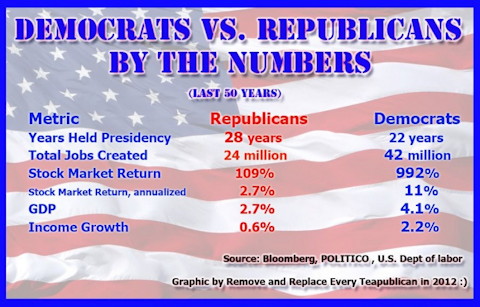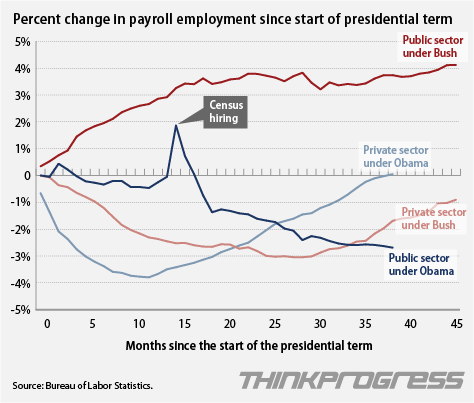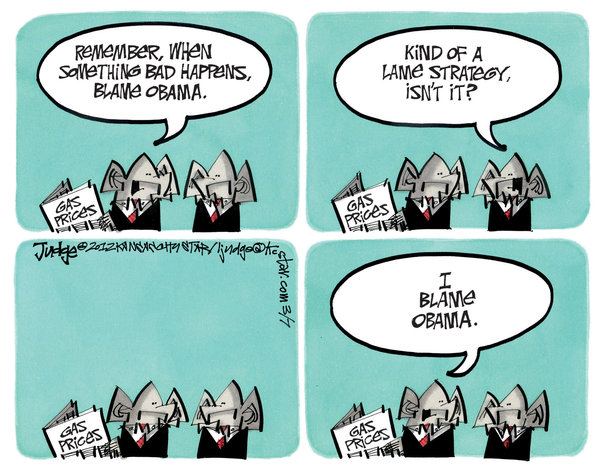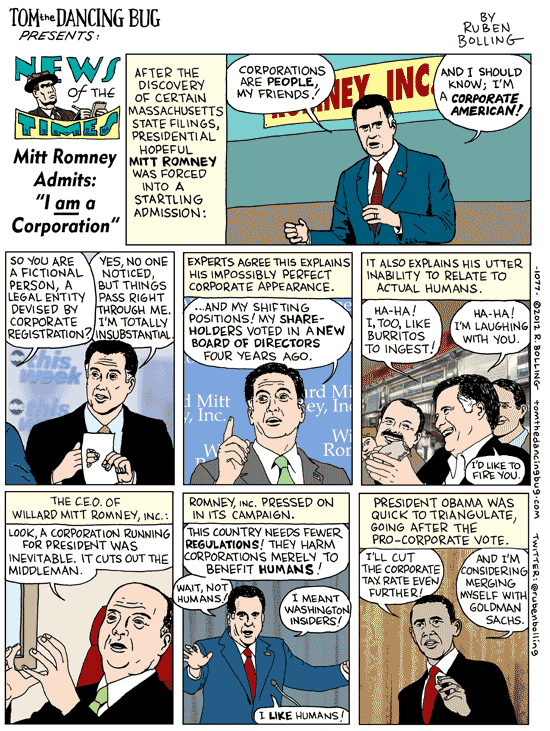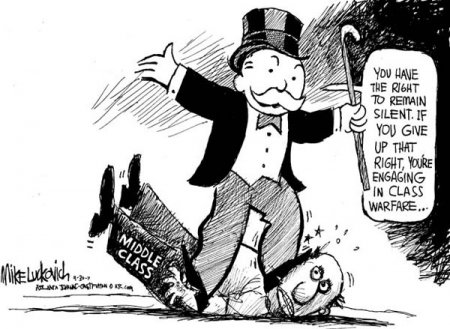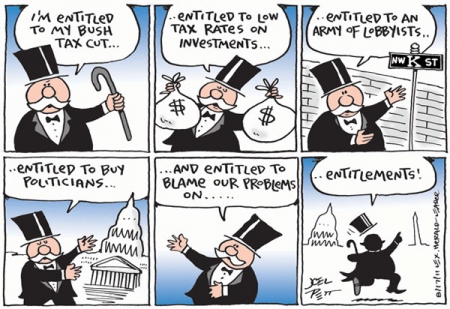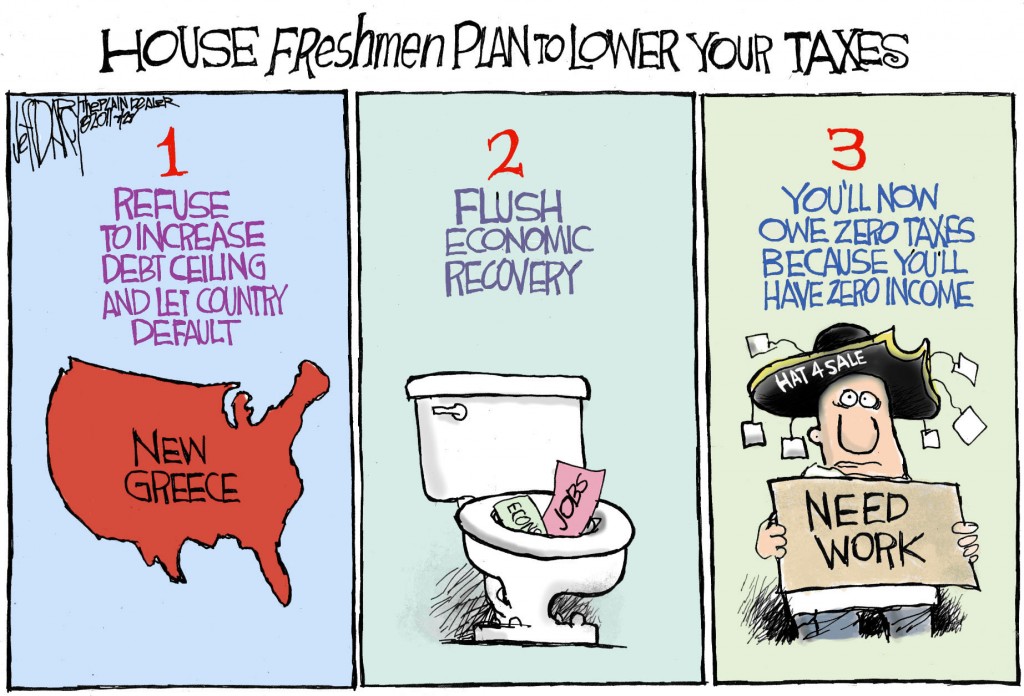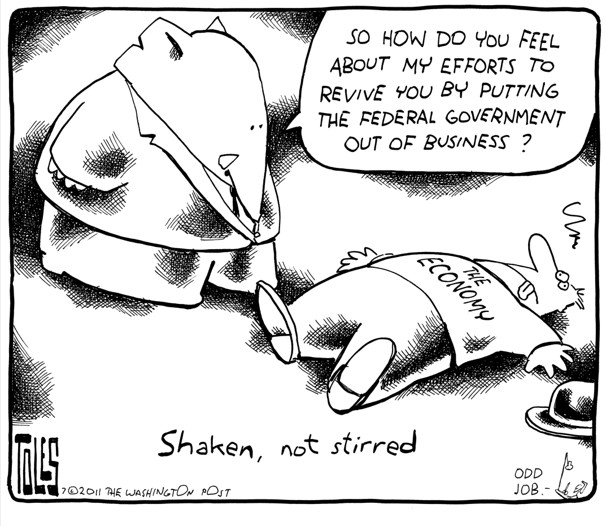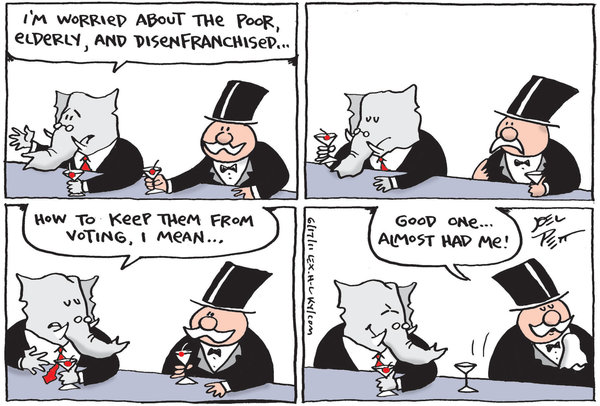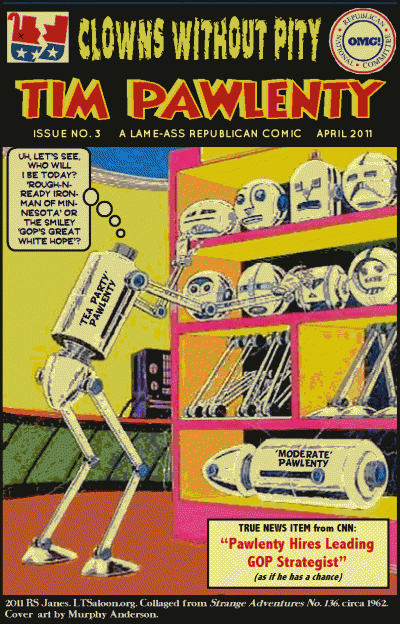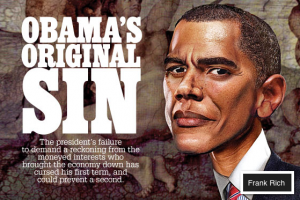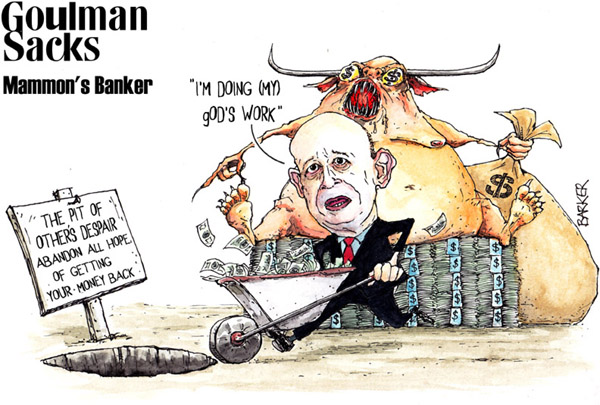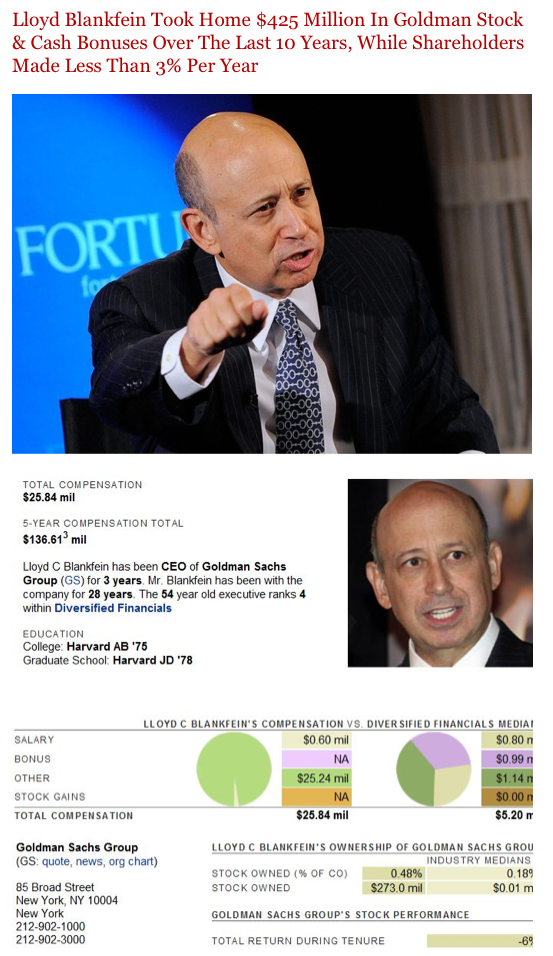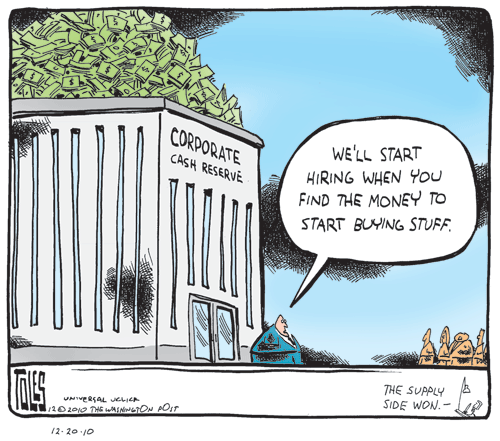
2012 Presidential election. Thank you foxbusiness.com.
Of course: lies and damn statistics — ignorance may exist anywhere and obviously a college degree isn’t an arbiter. For example, we have persons educated as medical doctors serving in the US Congress who believe in young earth creationism. Sure, they represent red states, still. . .
Alan Keyes, graduate of Cornell and Harvard: When they came to lead, the children of the generation that fought World War II allowed the focus of American education to shift decisively away from a serious regard for the seminal documents that convey the logic of America’s liberty. This is the key to the elitist apostasy from America’s creed. On account of this apostasy, a more and more organized, self-consciously elitist faction has matured. It rejects the moral egalitarianism that undergirds America’s creed of liberty. Therefore, it works to overthrow the form of constitutional self-government that respects the sovereignty of the people. Informed by socialist totalitarian ideologies, this elitist clique is endowed by the materialist, authoritarian corporatism of the money powers now largely in control of America’s financial institutions, its so-called mainstream media and both the Democrat and Republican parties.
In political terms, these elitist faction forces come against the U.S. Constitution from left and right. Whatever the rhetoric of their verbal professions, in their actions they unanimously reject the premise that there is one benevolent and superintendent Deity whose spirit, will and judgment created human nature and ultimately rule over human affairs. This rejection of God’s authority is the daily proven fact that belies the specious opposition that is supposed to divide one of the elitist faction’s wings from the other. Whatever they say, the resultant of their supposedly adversarial interaction has for more than a lifetime consistently undermined this central pillar of American self-government, without which its other supports are like branches of a tree, forced to bear a weight they cannot stand. [excerpt] Defending the American Way, WorldNetDaily, June 2013
Slavery and sexism in the founder’s era kills your point concerning ‘moral egalitarianism that undergirds America’s creed of liberty,’ Dr. Keyes. Kill as I use it here is unqualified, so obviously and plain as day there was no moral egalitarianism back in the olden, golden, and beloved day.
The ignorance Keyes is apparently proud of did not come from his lack of education. But, from the perspective of my own being badly educated–in the normative-institutional sense–does his scree exemplify ignorance? What is ignorance and is it valid to assert that ignorance is supported by a particular individual nature–in the sense of finding what causes it?
The escape claus goes like this: what one knows is not such a big deal, what is a big deal is whether or not one ever got the message cum transmission.
If Remi Brague is correct in saying that it is the Judeo-Christian faith in a transcendent God, not only separate from the life of a particular tribe or political community but outside human history, that ultimately grounds the classical culture of emulation; and if Benedict XVI is correct in discerning that, at least in comparison with Europe, America remains a profoundly Christian nation with a strong tradition of independent, church-supported liberal education; what are we to make of the mainlines of the history of American higher education? That story as it has been told for two hundred years, whether in celebration or in lamentation, has been the story of unremitting secularization.
Even Henry Adams’s Education, his great memoir-style protest against the secularization of the American university in his life-time and thus the loss of the very character of university–despite being a protest–seemed only to further establish the main storyline ofthe field. “If Harvard or Yale had been less foolish in their origins and had held onto the Church, we should have probably kept a base on which to build some real scholarship; but when our ancestors cutoff the limb that made us a part ofthe tree, we naturally tumbled off. I do not suppose we ever produced a graduate who would have known how to sacrifice a bull to Jupiter.”‘(10) He argues that powerful as the literary and political tradition was in America, in the Boston of his youth, at Harvard, it was devoid of any religious underpinnings:
“Of all the conditions of his youth which afterwards puzzled the grown-up man, this disappearance of religion puzzled him most. The boy went to church twice every Sunday; he was taught to read his Bible, and he learned religious poetry by heart; he believed in a mild deism; he prayed; he went through all the forms; but neither to him nor to his brothers or sisters was religion real. Even the mild discipline of the Unitarian Church was so irksome that they all threw it off at the first possible moment, and never afterwards entered a church. The religious instinct had vanished, and could not be revived, although one made in later life many efforts to recover it. That the most powerful emotion of man, next to the sexual, should disappear, might be a personal defect of his own; but that the most intelligent society, led by the most intelligent clergy, in the most moral conditions he ever knew, should have solved all the problems of the universe so thoroughly as to have quite ceased making itself anxious about past or future, and should have persuaded itself that all the problems which had convulsed human thought from earliest recorded time, were not worth discussing, seemed to him the most curious social phenomenon he had to account for in a long life.”
His memoir of his later years, after his wife’s suicide, and the insanity and death of his close friend Clarence King who he had once thought represented the perfection of the frontier American, becomes an agonized, strained search for faith–he spends his final years touring the French countryside in his new motor car, trying to catch some whiff of faith from the power of the Virgin, which he acknowledges still retains its force at Lourdes. But his own failure and the triumph of secularization was never Henry Adams’ point–rather, as he argues repeatedly, “eccentricity is strength,” and American history, like human history, gives up its prophetic ghost to those who are willing to read it in silence, to those who will listen rather than forever reciting their own variety of pseudo-religious experiences. Adams is a believer. He believes that Americans who flew into the wilderness in 1620, in 1776, in 1845, in 1892–who knew that the only way to save their nation was to leave it behind–carrying their household gods on their backs, have not been defeated. Henry Adams realized that the restraints of a fixed religious, cultural, familial, or political tradition were only superficially a “handicap.” He repeatedly compared himself, “American of Americans, with Heaven knew how many Puritans and Patriots behind him and an education that had cost a civil war,” with a sort of pride and arrogant relish, to a “Polish Jew fresh from Warsaw or Cracow . . . a furtive Yacoob or Ysaac still reeking of the ghetto, snarling in weird Yiddish.” In tl1e “races of the twentieth-century,” the race to abandon all restraints of past or nature, to strip oneself of all prejudicial identity and submit oneself, the naked servant and worshipper of the dynamo, he asserted (strangely enough!) that the American cultural tradition would prove as resistant to the worship of the twentieth-century Alexanders, Pharaohs, and Caesars, as the Jewish cultural tradition had ever proven. It is a breath-taking claim-the claim that American eccentricity can survive 600-pages worth of experiential learning and never lose its old illusions about liberty, virtue, or wisdom!
What then are we to make of this narrative of the liberationist effects of the American frontier on the old-world traditions imported from Europe; what are we to make of the story of the tabula rasa, the erasure, the secularization, the oblivion of the past and its lessons, prejudices and constraints? Henry Adams’s assertion invites us to look again at the meaning of the history of American higher education:
“Harvard was founded to help the Puritans escape Anglican Oxford and Cambridge, and Yale appeared in 1701 when a group of New Haven ministers, influenced in part by distrust of the liberal heresies that were to dominate Harvard, established a competing college to preserve the old social and religious order in Connecticut. Again, the Congregationalists who founded Amherst were in part moved by the objections to the Unitarianism that shook Harvard in the early l9th century, and the Yankee Methodists who set up Boston University at the time of the Civil War felt that Harvard’s classical curriculum and aristocratic values were destroying the ethos of pious dissent. The same era also saw the Jesuits establish Boston College, to help the new Boston-Irish community maintain its religious and social integrity. (Riesman in Sanford, 89)
From this history can we say that it is secularization or the perennial escape to eccentric orthodoxy that is the core “American” dynamic of the history higher education in this country? Is the declension of Harvard from Puritan seminary to Unitarian classical college to secular multiversity the inner dynamic of American higher education, or has the original eccentric dynamic of Harvard’s Christian orthodoxy simply metastasized in hundreds of small Bible colleges and Christian liberal arts colleges across the country? Are not these small Christian liberal arts colleges the truly American-the most distinctively American-contribution to the idea of the university in the modern world?(11) Whatever one thinks of such quaint neo-medieval, neo-classical flora and fauna sprouting in the American frontier–whether one considers them the hope for the future of Westem Civilization or embarrassing windows into the reactionary mind of middle America, it can hardly be denied that they, and not the anonymous, mega-state-universities of the great cities, are the peculiarly American features of the modern educational landscape.
Alasdair Maclntyre, in the now famous final paragraph of his work After Virtue, prescribed another round of that excellent habit of running away:
“It is always dangerous to draw too precise parallels between one historical period and another; and among the most misleading of such parallels are those which have been drawn between our own age in Europe and North America and the epoch in which the Roman empire declined into the Dark Ages. Nonetheless certain parallels there are. A crucial turning point in that earlier history occurred when men and women of good will turned aside from the task of shoring up the Roman Imperium and ceased to identify the continuation of civility and moral community with the maintenance of that Imperium. What they set themselves to achieve instead–often not realizing what fully what they were doing–was the construction of new forms of community within which the moral life could be sustained so that both morality and civility might survive the coming ages of barbarism and darkness. If my account of our moral condition is correct, we ought also to conclude that for some time now we too have reached that turning point. What matters at this stage is the construction of local forms of community within which civility and the intellectual and moral life can be sustained through the new dark ages which are already upon us. And if the tradition of the virtues was able to survive the horrors of the last dark ages, we are not entirely without grounds for hope. This time, however, the barbarians are not waiting beyond the frontiers; they have already been governing us for quite some time. And it is our lack of consciousness of this that constitutes part of our predicament. We are waiting not for a Godot, but for another–doubtless quite different–St. Benedict.”
‘Tis sure to be an immortal paragraph. But (dare I say that) Alasdair Maclntyre, like Christopher Dawson, indeed like Edward Gibbon, imagines that this “construction of local forms of community within which civility and the intellectual and moral lite can be sustained” is a “turning aside from the task of shoring up the Roman Imperium.” Yet these Britishers never fully grasp that this English, Scottish, Irish, Jewish, Polish, Italian habit of running away with their traditions on their backs is actual pietas to the founders of the imperium. Eccentricity is a very American virtue.
Indeed George Washington himself knew the value of a strategic retreat that might keep one’s ragtag army intact–to fight another day . . _ or at any rate to hold out until one can find an ally with a navy.” (12) [excerpted from Chapter 5, Eccentric Education – The American Way, Susan E. Hanssen, The Idea of the American University (Bradley C.S. Watson, editor)]
[full chapter-pdf] See also Ms. Hanssen’s “‘English in spirit’: G. K. Chesterton and the debate over church and state in the 1906 Education Act,” The Catholic Social Science Review (2007).
Whatever are the virtues of institutionalizing orthodox centralities in the periphery, I tend to view the eccentricity–that (unbeknownst to Keyes) could still smartly inform his own argument–to itself cast off further eccentricities so that, eventually, the operating quality is, as Ms. Hanssen puts it, institutional peculiarity-more than any other quality.
To weigh the gross generalization, secularizing and neo-liberal and post-modern Blue does correlate with degree of education and everyman traditionalism does correlate with deficits of learning and Red. For both Blue and Red, there is a lot of sub-set or sub-cultural eccentricity, and, let’s call, ‘eccentrification.’
American religiosity is extremely variable with respect to the straightened ordinates of classic Christian commitment, and, it would seem the employees of the governed are nowadays so energetically variable that the straightest Constitutionalism is spun away off to some radical precinct.
There’s no reason to refuse the challenge of orbiting cloisters. The neo-liberal order wants able workers to be ejected from schools. This represents another turn on the secularizing gyre, following from Taylorite pieces and Fordist machinists, and, now (and newly minted,) inchoate collections of human post-capital detritus. Denouement!
This is where both Mr. Keyes’ ideological ‘eccentrics’ and Ms. Hanssen’s historically minded supposition roll back to the natural law tree and beg for me a question about personality and the nature of personality and cognition. Surely it matters how the societal and spiritual conditionals work to instantiate particular human ends. Intentionality is not subsumed in the mystic chord even if it comes to be modified. There haven’t been, nor are there any utopian Natural Law states or political entities that have escaped doing lots of harm.
Certain rearguard’s aspirations–and eccentricity is presumably also defined to be a rearguard–are cast outward in comprehensive, oft times in totalizing terms, with there being no room to quibble over either ‘their being no God, but God alone,’ or the actualities of a Thomist heaven and hell, or the cosmos set in place necessary to the Pauline ‘only possible true church.’ This latter eccentricity is such that its closing circle (and argument) encompasses the entire universe. This is the same presumption naming eventuations happening “outside human history.”
Keyes is arch and forthright in framing his eliminativist perspective. As much as he could have padded its bluntness with a portion of Henry Adamsian ‘depressive,’ his position isn’t for him able to be cast off, and, it takes no prisoners, and, its educational precepts are staked to analytic compliance. What’s true for him is to be true for you.
St. Benedictine?
Of the Virtuous Zeal Which the Monks Ought to Have
As there is a harsh and evil zeal which separateth from God and leadeth to hell, so there is a virtuous zeal which separateth from vice and leadeth to God and life everlasting.
Let the monks, therefore, practice this zeal with most ardent love; namely, that in honor they forerun one another (cf Rom 12:10). Let them bear their infirmities, whether of body or mind, with the utmost patience; let them vie with one another in obedience. Let no one follow what he thinketh useful to himself, but rather to another. Let them practice fraternal charity with a chaste love.
Let them fear God and love their Abbot with sincere and humble affection; let them prefer nothing whatever to Christ, and my He lead us all together to life everlasting.
In America, that the above is voluntary with no other respect otherwise given, might be the simple phenomenal element forceful enough to cast the sturdy outward and into eccentricity. What isn’t voluntary is attainment within the eccentric order. I doubt theocratic designs will bring forth any pearls.
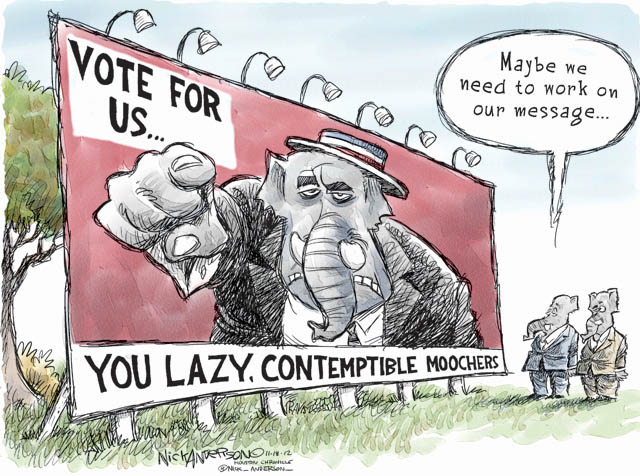




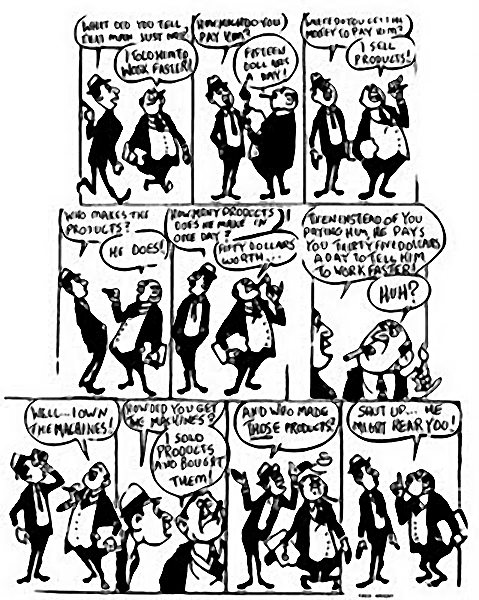


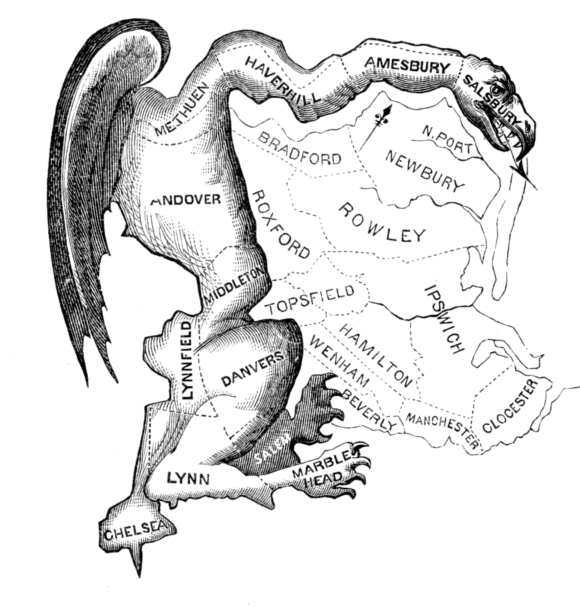
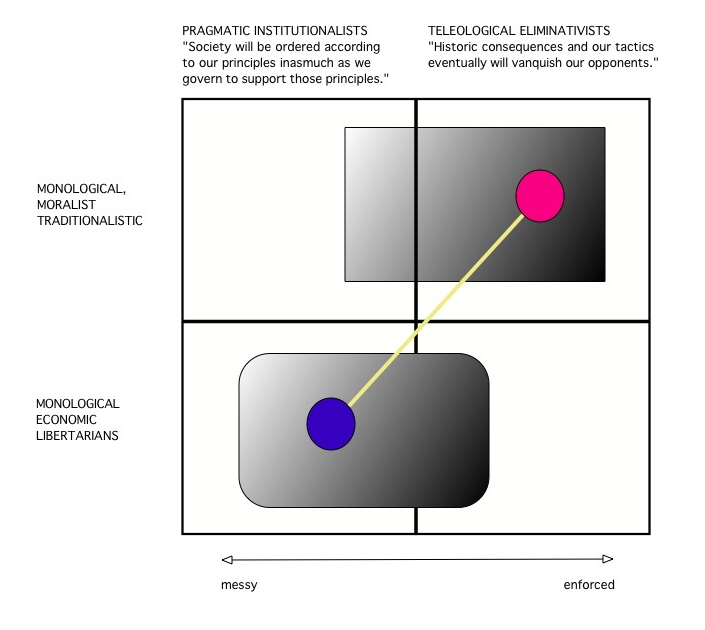
 The baptistry in the new Mormon Temple in Nauvoo, Ill., features 12 oxen representing the 12 tribes of Israel.
The baptistry in the new Mormon Temple in Nauvoo, Ill., features 12 oxen representing the 12 tribes of Israel. 










